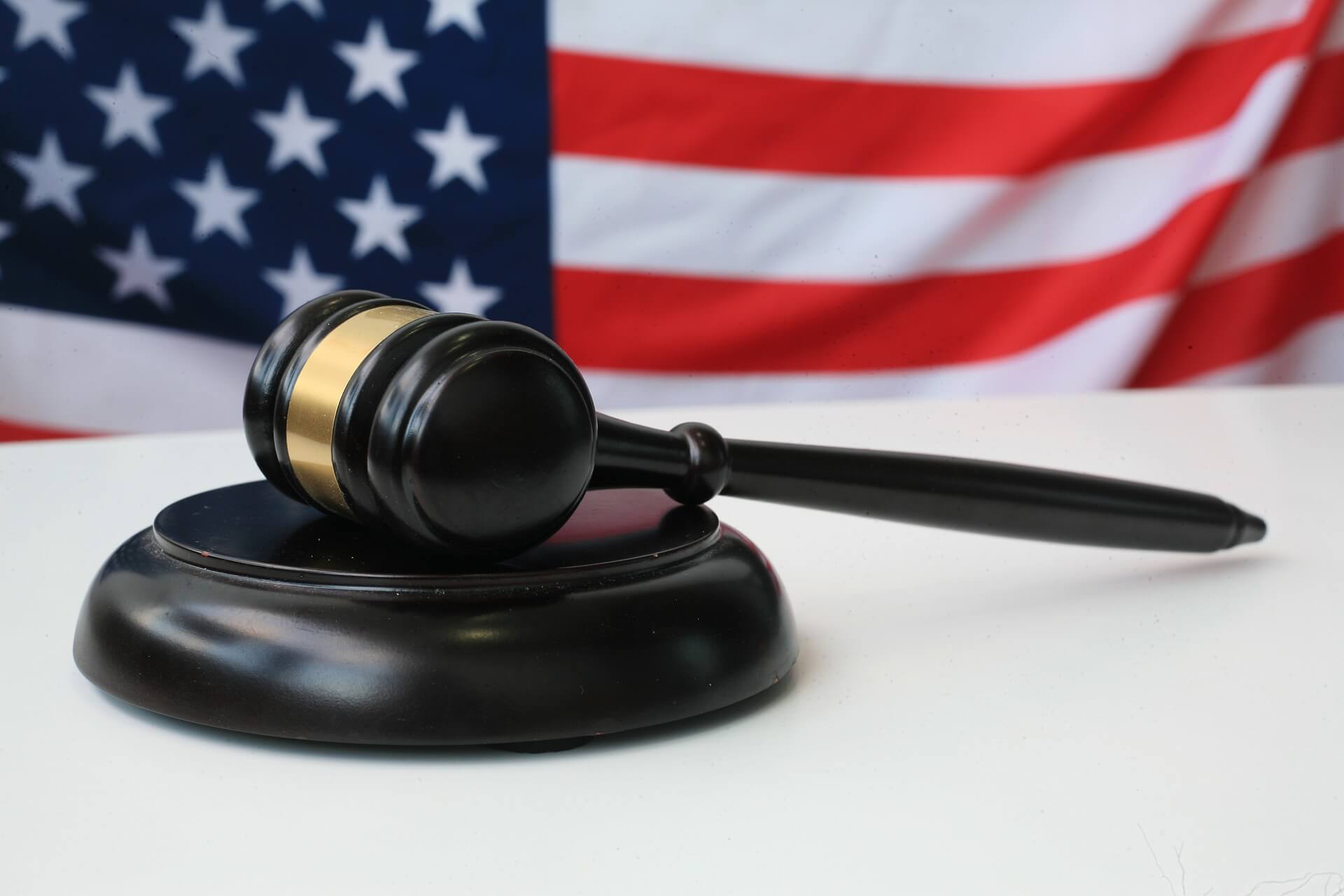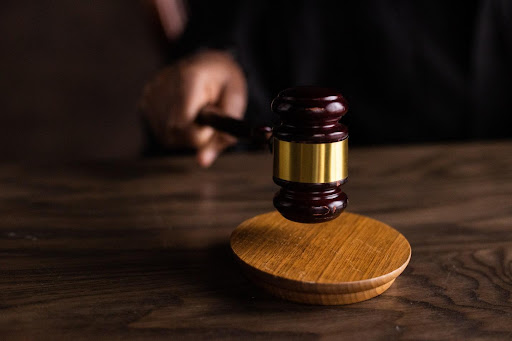Personal injury is any damage or harm resulting from the actions of another individual or an entity like the federal or corporate institutions or services like the medical industry. A lawsuit protects the rights of the individual who suffered due to voluntary or involuntary actions of another. Legal disputes involving negligence liability are settled by filing a personal injury lawsuit. A Personal injury lawyer helps prepare and represent the people who sustain injuries and damage due to another party’s negligence.
Suppose you were involved in a car accident and sustained injuries and damage because the liable party was speeding. In that case, you are entitled to settlement money to cover any damage to your person or car due to the guilty party’s actions. You can sue for damages by filing a personal injury lawsuit or settling out of court.
A step-by-step guide to help you understand the process is given below.
Step 1: Seek Medical Help
Anyone who has been hurt or been involved in an accident ought to get medical help right away. While many symptoms do not manifest right away after an accident, an early assessment may be able to alleviate or even prevent the worst symptoms like internal bleeding.
Hence, you must go to the emergency department and get yourself examined to be on the safe side. You can even use early medical records as proof before a jury and an insurance adjuster if a lawsuit is subsequently required.
An injury may also develop over time. A disease like a mesothelioma takes twenty to thirty years to become apparent. It occurs as a direct or indirect consequence of negligence on the part of an employer to protect employees from exposure to harmful substances like asbestos. In such cases, medical evidence is of primary significance. Mesothelioma settlements are evaluated based on medical evidence, employment history, location, and degree of exposure to the harmful substance asbestos.
Step 2: Consult a Lawyer
Even though you can resolve many minor personal injury lawsuits without legal counsel, plaintiffs who choose to represent themselves through personal injury lawyers can claim a larger amount of settlement money.
In case you have been involved in a major accident, you could need a personal injury lawyer to help you recover the full cost of your medical care, especially if you were in a serious accident and your injuries required ongoing care or frequent hospital trips or both.
Lawyers specialize in various personal injury claims. For instance, you would approach an accident personal injury lawyer for accidents just like a mesothelioma lawyer would process an injury lawsuit that people diagnosed with the disease can file.
Step 3: Build a Case
To understand more about the accident, the claimant’s injuries, and medical care, the attorney will first interview you (the claimant) after being retained. Then, lawyers will ask for records of any medical care that the claimant may have received.
Obtain medical documents and bills from your hospital, gather invoices or estimates for the damage to your car or personal property, and keep track of lost wages. Contact your doctors to determine the full extent of your injuries and the length of time you will need to receive treatment, as this information will also help your lawyer file an emotional distress claim.
Step 4: Prove Negligence
Most personal injury claims are built around carelessness or failure to exercise reasonable caution when their actions might harm another person. For instance, a driver may be deemed negligent if he was driving under the influence because his senses were impaired by alcohol. He probably would not have disregarded the traffic laws and hit the claimant.
While it may be challenging for plaintiffs to establish negligence independently, an accomplished personal injury lawyer can successfully guide their clients through this phase.
Step 5: Serve Notice of Claim
The fifth step is to file a personal injury claim. You or your lawyer must notify the liable party and their insurance company that you intend to do so. When you inform the responsible party, then they have an opportunity to accept responsibility, and they may choose to settle out of court.
Step 6: Negotiate a Settlement
Negotiating a personal injury settlement is similar to negotiating a deal with a used car dealer. Each side has a different estimation of the value of your claim. The liable party and the insurance company are aware of how much they are willing to invest, and the claimant is aware of how much they are willing to accept.
The claimant and responder engage in a “back and forth” negotiation process with offers and counteroffers until a settlement is achieved. Most personal injury cases are settled at this stage, albeit occasionally, the parties cannot settle.
Step 7: Settlement Is Reached, or a Lawsuit Is Filed
If you and your lawyer reach an understanding with the liable party and negotiations result in a settlement that you believe is sufficient, then the case ends there. However, if the parties cannot reach an acceptable settlement amount, you take the case to trial and file a lawsuit to obtain the amount you need.
Remember that the law limits when you can bring a personal injury claim. If you fail to file a claim before this time runs out, you will be forever barred from filing a personal injury claim for this accident and will have lost your chance to settle for your injuries and losses.
Step 8: In Case of a Trial
Once a lawsuit is filed, the litigation period begins. The parties involved share information with one another. The claimant is frequently required to give a deposition, wherein, speaking under oath, you record details about your injuries for use in the trial.
During the trial, the jury considers facts and disputed elements to determine which evidence they find trustworthy after it’s been presented in front of the court.
Finally, the judge or jury will determine how much restitution to give you if you win. Contrary to popular belief, the court does not decide your case when you file a personal injury lawsuit. A jury decides whether you will win your lawsuit and how much you will be awarded. Unless the matter is tried on the bench in what is known as a “bench trial.”
To Conclude
Personal injury lawsuits assist victims in getting financial compensation to pay for medical treatments, financial losses, and loss of property due to the injury. Lawyers make the process easier. Victims can hire experienced personal injury lawyers to help them through unforeseen circumstances.
If you or a loved one has been hurt or has been in an accident, consider speaking with a local personal injury lawyer right away



